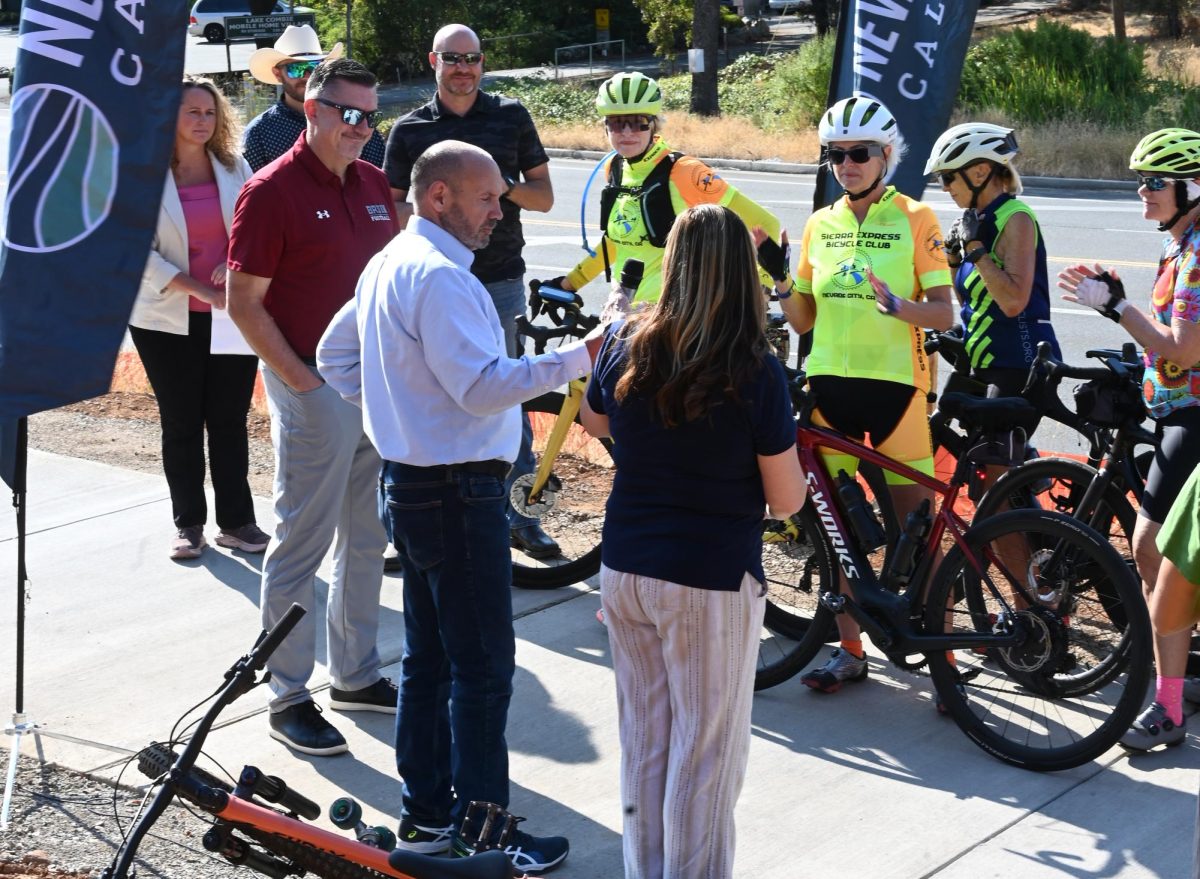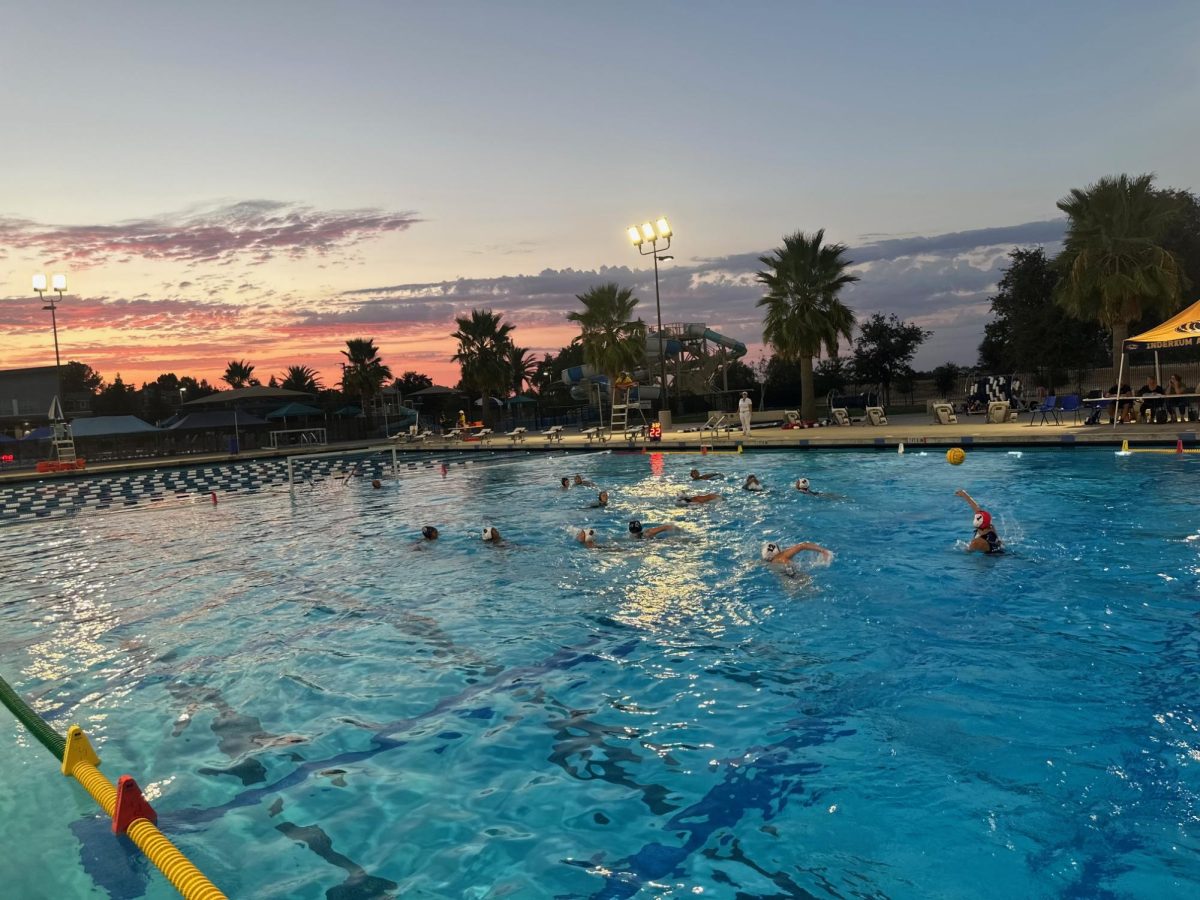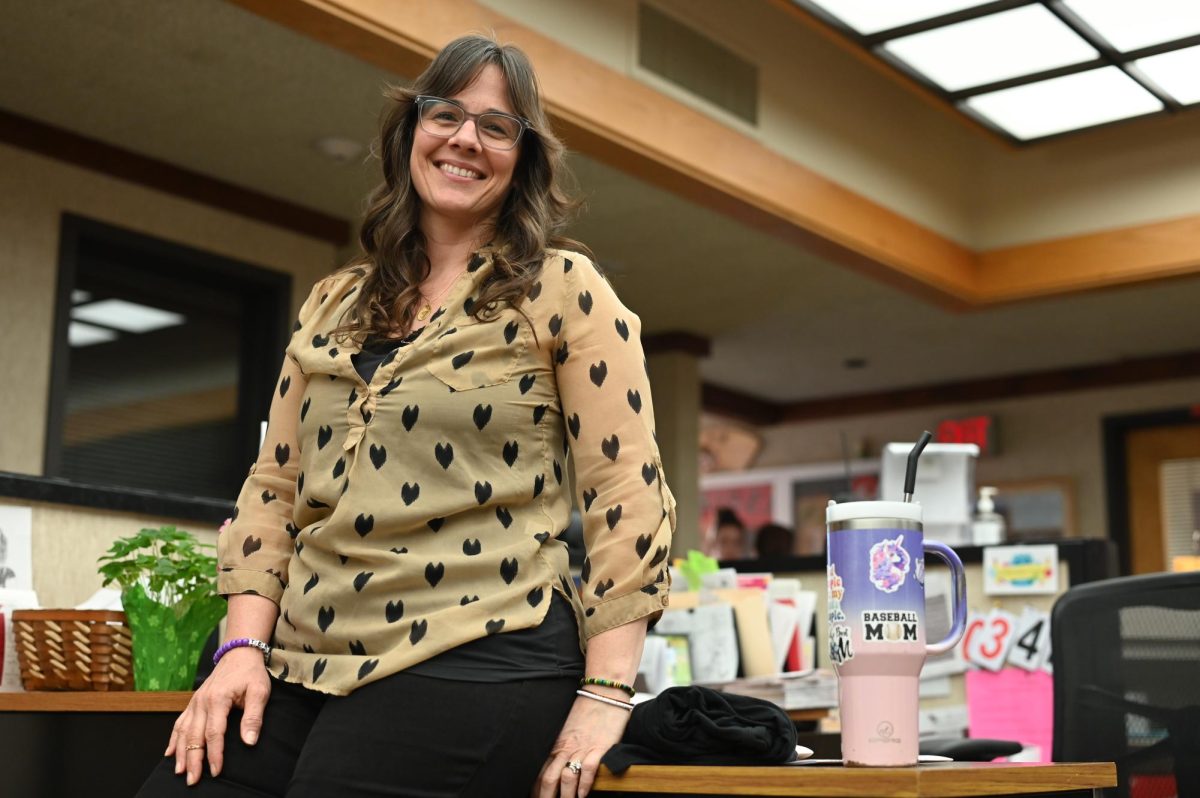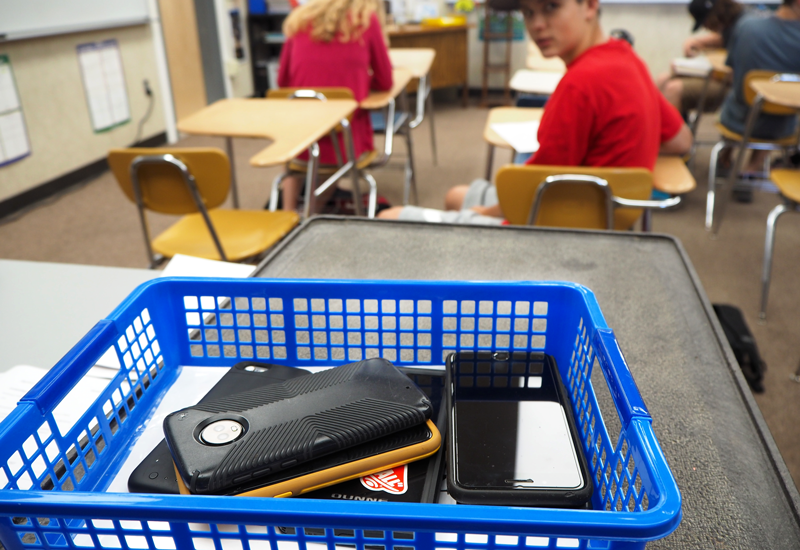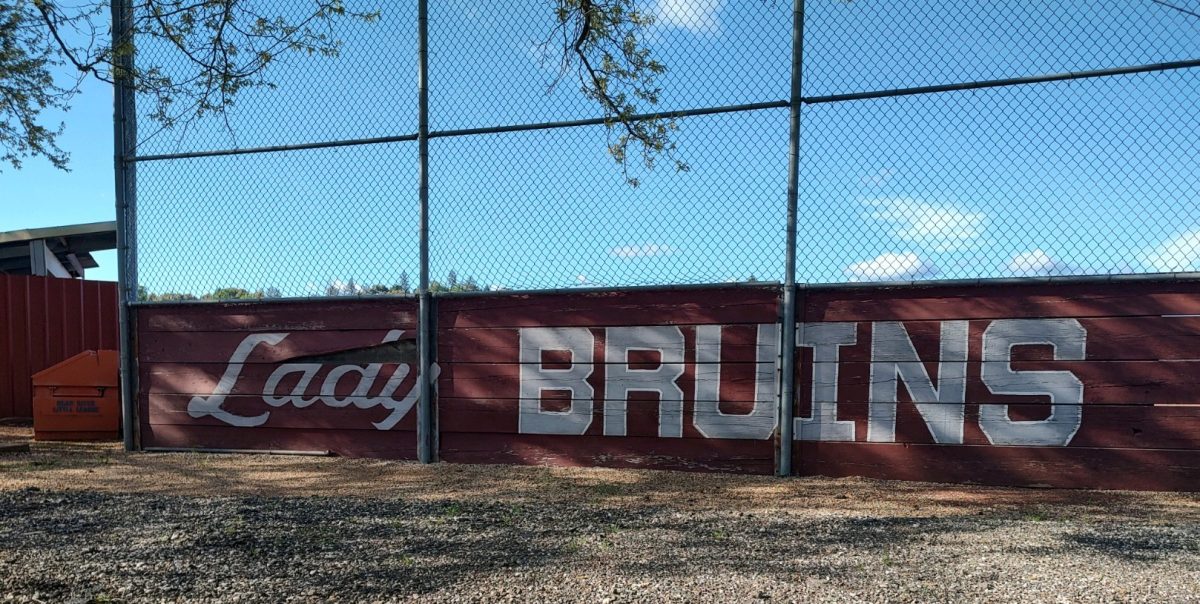Adults consistently berate children and teenagers for being excessively attached to technology. According to Common Sense Media, teens spend an excessive nine hours per day online. Despite the fact that high schoolers do spend an irrational amount of time on their phones, we at The Current believe that Bruins should be able to have the self-control necessary to just put their phones in their bags during class time, and therefore regulate their own phone usage.
Several English teachers have determined that their students lack the necessary restraint to responsibly use their phones during class time, and so have implemented a new cell phone policy wherein students must leave their phones in a hanging, pocketed plastic sheet for the duration of the class time.
“Right as you walk into the class you have to put your phone in the little hovel, and you have to power it off and put it in there and then that’s it,” said Junior Grant Murchison.
English Teacher Sara Noah, who has implemented this system in her own classroom, said that so far, she has received positive feedback from her students. She also elaborated on why she decided to try it out in the first place.
“I’ve had several students express that they appreciate the policy,” she said. “… I get tired of students looking at their phones when they should be paying attention in class or doing individual work. I also made a place for my phone at the front of the room so that I am not distracted either.”
Students acknowledged that phones can be detrimental to class time in a variety of ways.
“Obviously, people can be distracted by them whenever they hear a notification going off or the phone vibrating, or somebody could be just outright using their phone to avoid doing classwork,” said Senior Josh Racine.
Mrs. Noah went a little deeper into why she thinks that students feel the need to check their phones during class, even when they know they shouldn’t.
“It is human nature to be curious, so clearly the curiosity about who texted, posted, or emailed will want to be satisfied,” she said.
However, they also pointed out some positives about phone usage at school.
“It obviously depends on the certain class,” said Racine. “… For me in Video, it is useful for when I look up audio clips, and also sometimes I like to listen to music while I’m working. [But] everything we need to do in English is already on the chromebooks.”
Junior Elaina Wargala also mentioned music helping her to focus.
“I remember Rice’s class would always let us listen to music which was nice, and I thought that that helped me a lot,” she said.
Mrs. Noah listed what she uses technology for her as a teacher.
“The phone’s camera feature is probably the most likely to be used,” Mrs. Noah said. “Also, they are handy if we are having issues with Chromebooks and can simply do work on the phones. I use my timer on my phone, specifically for Drama class when we are working on the stage or the dance room. I have an iPad in my classroom that I use for a timer.”
She also wanted to spotlight the chromebooks’ role in the situation.
“With the 1:1 chromebooks, I think the necessity of using phones is decreasing,” she said.
Some students took a different approach to the argument, emphasizing the fact that high school is meant to prepare them for the real world.
“I hate it because I think they’re treating us like we’re in elementary school, and we’re Seniors, and there’s no reason we need to put our phones in a pocket in the front of the class,” said Senior Katelin Johnson. “We can just turn them off and put them in our backpacks… high school is preparing us for what’s out there in the real world, and nobody makes you put your phones in a pocket. I want to be an adult, I want to be treated as an adult.”
A final concern was related to stealing— with the set-up in some of the classrooms, students pointed out that it would be relatively easy to take someone else’s phone from the hovel along with their own.
“I didn’t really think about it at first,” said Wargala. “I mean, if you’re in a class where everyone’s sitting down most of the time then you can see, but then when we’re walking out that’s different, and I know somebody could totally just snatch it. I’m not a fan of that.”
However, Racine didn’t believe this to be a legitimate concern.
“I mean, I don’t really think the people in here will be desperate enough to steal another person’s phone, plus you can’t really get anything on the phone, but I don’t know,” said Racine.
Mrs. Noah described how she hopes to counteract this possibility.
“I make a point to be near the door at the close of class so that students are taking their own phones and not grabbing more than one,” she said. “The phone pockets are at the front of the classroom, so if someone was messing with it during class it would be very obvious.”






